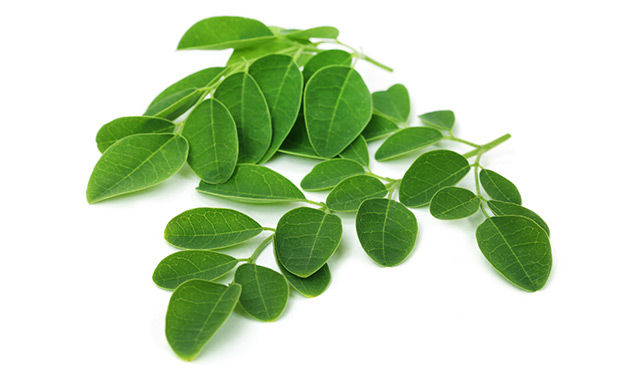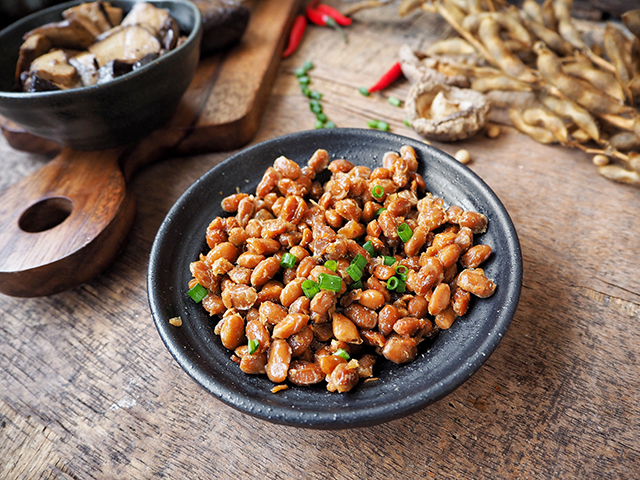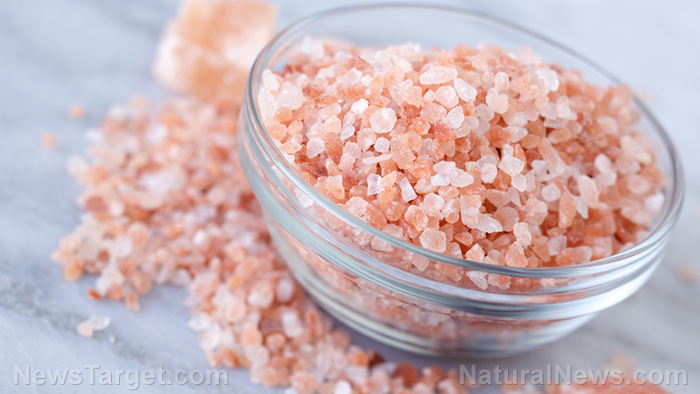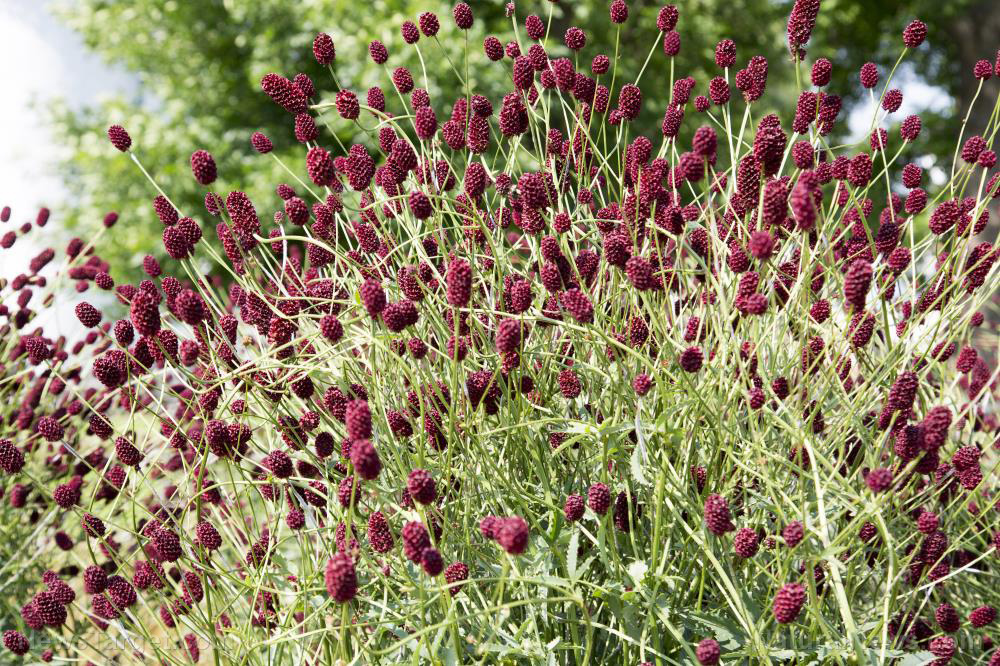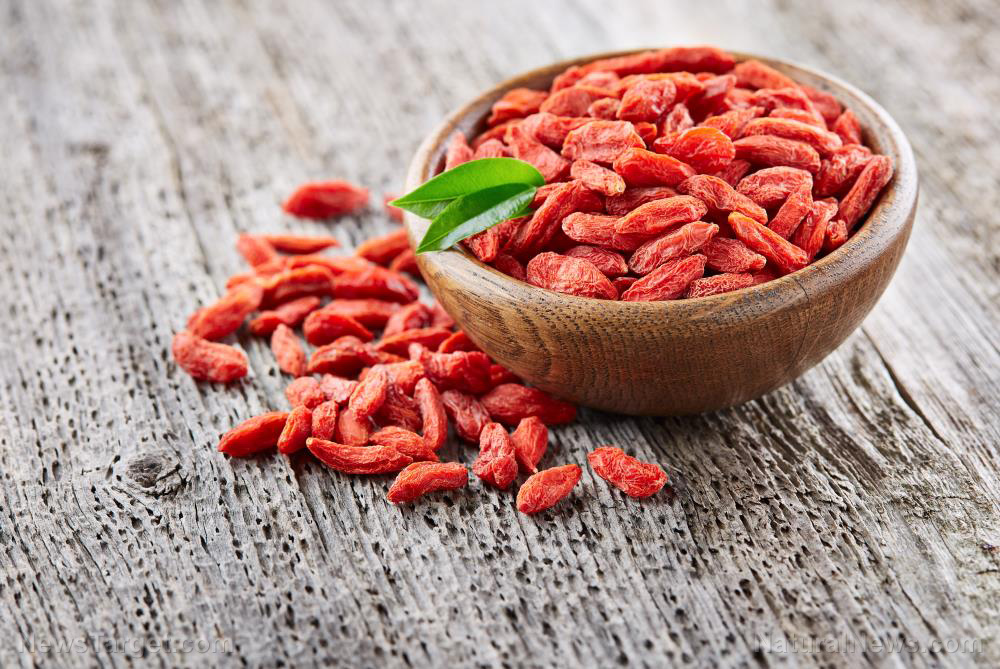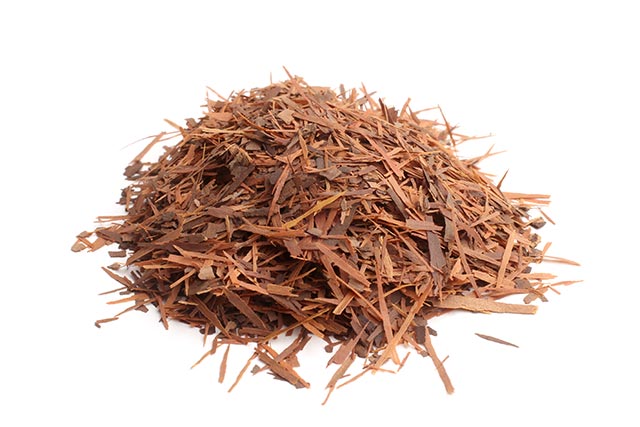Anti-aging ‘Holy Basil’ herb supports natural detoxification
01/21/2017 / By David Gutierrez

Holy basil, also known as tulsi, Ocimum sanctum or Ocimum tenuiflorum, is a sacred plant to many Hindus, and is used in a wide variety of religious contexts. It is also an important herb in Ayurveda, or traditional Indian medicine. Although the plant has been used in Ayurveda for centuries, Western herbalists and scientists are only just beginning to understand the powerful benefits of this anti-aging, detoxifying herb.
In Ayurveda, holy basil is used to support immunity, aid detoxification, modulate stress and slow aging. In Western herbalism, the plant is known as an “adaptogen,” or a plant that increases the body’s resistance to a wide variety of environmental stressors, rather than having only a few specific effects (such as lowering blood pressure, for example).
Adaptogens are so named because they adapt their function to the needs of the body, thus helping maintain balance. (Learn more about natural medicine for preventing disease at Prevention.news)
Soothing stress, slowing aging
According to Ayurveda, holy basil can be used to boost mood, stamina and endurance by filling the body with a calming energy. It can help speed up slowed digestion or free up suppressed emotions.
Studies suggest that some of holy basil’s benefits come from its ability to help the body regulate its levels of cortisol, which is sometimes called the “stress hormone.” Released during times of stress, cortisol activates many components of the sympathetic nervous system, also known as the “fight or flight” response. While this response is important in times of crisis, it is hard on the body over time, and cortisol has been linked to many of the negative health effects of chronic stress.
Holy basil’s effects on cortisol may partially explain its traditional use in Ayurveda to soothe emotional and digestive upset. Cortisol can also suppress the immune system, a condition holy basil is also used to treat.
The herb’s much-lauded anti-aging effects may come in part from its high antioxidant activity. Researchers believe that many of the effects of aging come from cell and DNA damage caused by chemicals known as free radicals; antioxidants help remove free radicals from the body.
Science beginning to explore effects
Holy basil’s antioxidant effects likely make it a powerful cancer preventive, as cancer is one of the many health conditions linked to free radical damage.
A 2007 study from the Journal of Medicinal Food further suggests that holy basil may also exhibit direct anticancer activity. In that study, cancer was induced in rats, who were then treated with varying doses of holy basil leaf extract. At concentrations of 300 mg per kg of body weight, the extract reduced cancer cell formation, oxidative damage to proteins and fats, and levels of enzymes responsible for producing further toxic effects in the body.
Another study, published in the Journal of Ethnopharmacology in 2008, found that holy basil might help reduce the effects of nerve degeneration (neuropathy), a common side effect of injury and many diseases, such as diabetes. Researchers severed sciatic nerves in the paws of rats, then treated them with holy basil extract for ten days. They found that over the course of the treatment, the nerve degeneration was reduced, and nerve sensitivity and motor control increased. Rats treated with holy basil extract also showed decreased oxidative stress and higher levels of calcium and glutathione. (RELATED: Learn about more natural remedies at Remedies.news)
Holy basil may also be good for the skin, perhaps due to potent antimicrobial activity. A study published in the International Journal of Cosmetic Science in 2006 compared the effects of holy basil, sweet basil (Ocimum basilicum, the type commonly used in Western cooking), and hoary basil (Ocimum americanum) on bacteria believed to be the cause of acne. The researchers found that both holy basil and sweet basil showed significant antimicrobial effects.
Sources:
Tagged Under: holy basil, Tulsi






